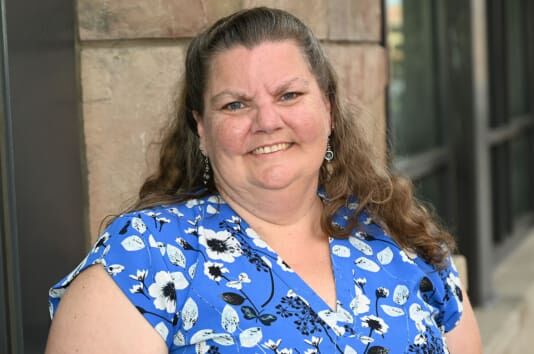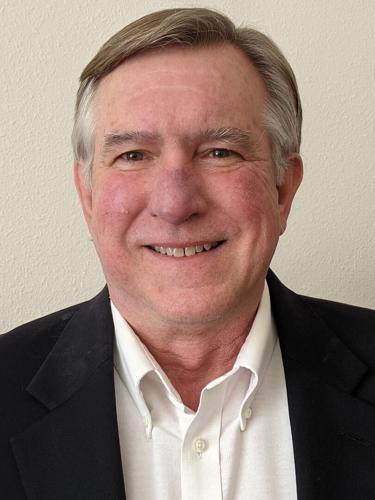SLOAN: Repeal efforts fail, but Colorado’s health-care challenges persist
The failure of the Graham-Cassidy health care bill may have signaled the termination of the GOP’s anemic efforts to repeal and replace the Affordable Care Act, at least in one fell partisan swoop (much like the ACA itself was introduced); but it didn’t, of course, terminate the problems generated by the enormous law it sought to partially dismantle. Nor did its demise solve the riddle of how to reconcile retention of Obamacare’s more popular elements – chiefly its treatment, however sloppily, of the pre-existing conditions question – with fiscally prudent reforms.
Gov. John Hickenlooper made some national headlines for leading opposition to the Republican repeal effort, and his disapproval, along with that of his new best friend Ohio Gov. John Kasich, was understandable, even if you support the basic principle and structure of the repeal bill. Both governors, after all, presided over their respective states’ adoption of the Medicaid expansion offered under the ACA, lured by the shine of addition federal tax dollars for so doing. Graham-Cassidy’s block-grant formula, which would have eventually equalized federal payouts to the states – i.e. by 2026, each state would receive an identical amount of funding per eligible individual – would have also reduced Colorado’s federal health care funding over that time by a not insignificant amount. In strictly practical political terms, it’s entirely logical for any politician to oppose a measure that reduces the quantity of dollars flowing into his or her jurisdiction.
But whether it was the perfectly correct prescription or not, Graham-Cassidy did manage to highlight at least two issues which the state will need to consider, regardless of what does or does not happen in Washington.
The first concerns Medicaid. About 1.4 million Coloradans – roughly one-quarter of the people in the state – are now on Medicaid following the expansion. Whether those figures are cause for celebration or alarm depends largely on whether or not you retain a faith in the instrumentality of government to effect permanent individual economic improvement.
But whichever side you fall on, the fact remains that such a large Medicaid population bears a significant price tag. Of the expansion population, we all know a large part of the bill is absorbed by the federal government, hence Mr. Hickenlooper’s uneasiness over reform. It is dangerous for a state, however, to bet its financial wellbeing on the generosity of Washington. Federal largesse can be painfully ephemeral; just ask rural counties on Colorado’s West Slope.
It is a mistake, though a common one, to regard the federal government as a sort of magical resource. Medicaid’s share of the federal budget is rapidly gestating and, unlike the states – which, when peering over the figures, can reassure themselves that Uncle Sam will come to their financial aid – once the federal government runs out of money, it has no higher level to which to appeal. Resources are not infinite, and constrictions in federal Medicaid funding of one sort or another will happen eventually, whether Colorado is financially ready for it or not.
The other healthcare reality that Graham-Cassidy brought to the forefront is the likelihood that any meaningful reforms will need to originate at the state level. It is increasingly clear that the federal government is, for any number of reasons, incapable of designing a system that will satisfy even a bare majority, let alone everyone. It is less than realistic to expect politicians from Texas and Vermont to agree on a mutually acceptable program, when even those from Texas and Arizona cannot.
So that probably leaves a lot, in terms of substantive adjustment in health care policy, which must happen at the state level. One feature of Graham-Cassidy, which could be resurrected at some future date, was to allow the states individually to flex their innovative muscle and develop their own solutions.
A new question lingers, then, of whether health care has become so complex as to be beyond the capacity of the states to effectively address; that it has become so complicated as to render obsolete the principle of subsidiary. I hope not; I happen to believe that there is an incredible amount of innovative intellectual energy left among policy makers in the state – energy more imaginative, thankfully, than Cary Kennedy’s expensively reductionist Medicaid-For-All proposal – and perhaps the time is approaching that we ought to ask ourselves: why must we cede that ability to Washington, given its record?












